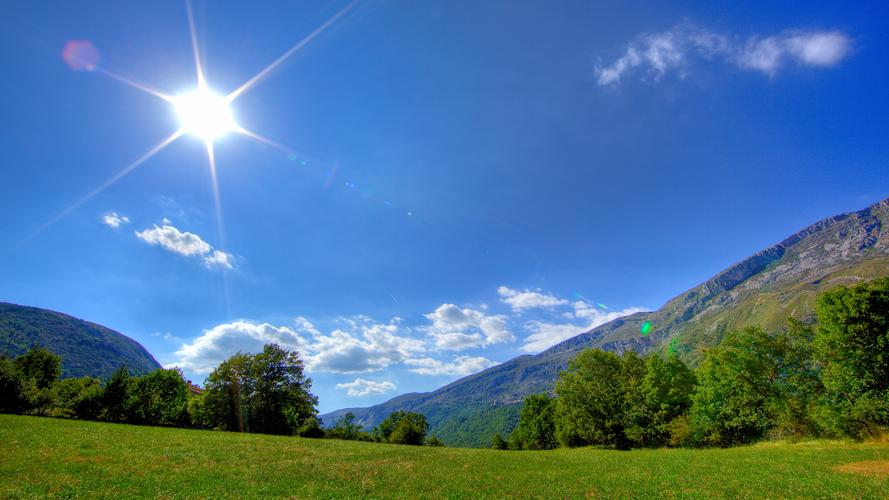Exploring the Dynamics of Cultural Evolution in Modern Sociology
Cultural evolution is the process that refers to the way our social and cultural traits are transmitted through generations. It is a long-term process that has shaped the way we behave and the values we hold dear. Cultural evolution is not just a passive transmission of traits; instead, it is an active process that takes place through deliberate social interaction.
In modern sociology, cultural evolution has become an important field of study. Sociologists have been exploring the dynamics of cultural change, how they happen, and why some cultures are more susceptible to change than others. Among the many theories and ideas that underpin cultural evolution, the most prominent is the theory of cultural selection.
The theory of cultural selection posits that like biological evolution, social and cultural traits are subject to natural selection. The traits that have greater adaptive value to their environment are more likely to survive and be transmitted to subsequent generations. In essence, cultural evolution is a process of exploration and experimentation, where societies and cultures try out new ways of doing things, discarding the unsuccessful ones and retaining the successful ones.
Sociologists have identified various factors that affect the rate and direction of cultural change. One of these factors is geography. Societies that are geographically isolated tend to change at a slower rate than those that are more integrated with other societies. This is because isolated societies have less exposure to external influences, and they tend to maintain traditional ways of life.
Another factor that affects cultural evolution is technology. The rapid development and diffusion of new technologies have significantly impacted the way we live and interact with each other. Technology has facilitated the spread of ideas and information, resulting in the emergence of global cultural trends.
Additionally, economic and political forces also play a crucial role in cultural evolution. Globalization and capitalism have led to the spread of homogenized cultural traits, such as fast food and consumerism. These forces have also led to the erosion of traditional cultural values and practices.
Case studies have shown that modern societies often experience a clash of cultures when traditional societies come into contact with more advanced ones. This clash often results in a fusion of cultures, where traditional ways of life are replaced by newer ones. For example, the Maasai people in East Africa have had to adapt to the pressures of modernity by embracing education and abandoning traditional herding practices.
In conclusion, cultural evolution is a vital aspect of sociology that has shaped the way we live and interact with each other. The theory of cultural selection has provided valuable insights into how societies adapt to changing environments. The factors that affect cultural evolution are numerous, and include geography, technology, economics, and politics. Therefore, it is vital that we continue to study and understand cultural evolution to ensure we preserve our cultural heritage while still embracing the benefits that come with modernization.
(Note: Do you have knowledge or insights to share? Unlock new opportunities and expand your reach by joining our authors team. Click Registration to join us and share your expertise with our readers.)
Speech tips:
Please note that any statements involving politics will not be approved.
